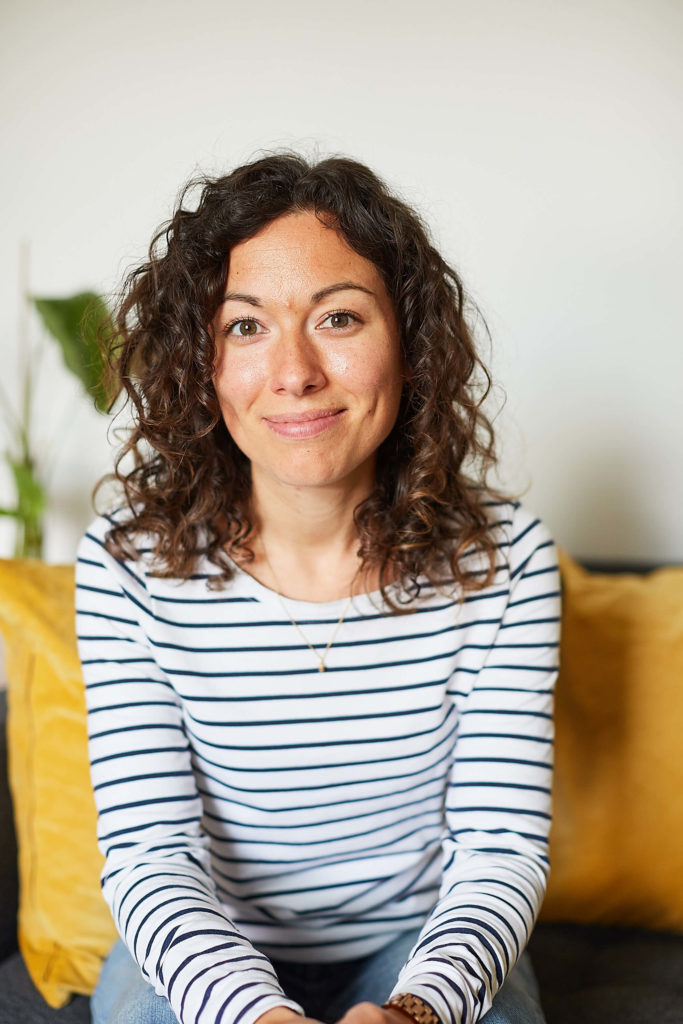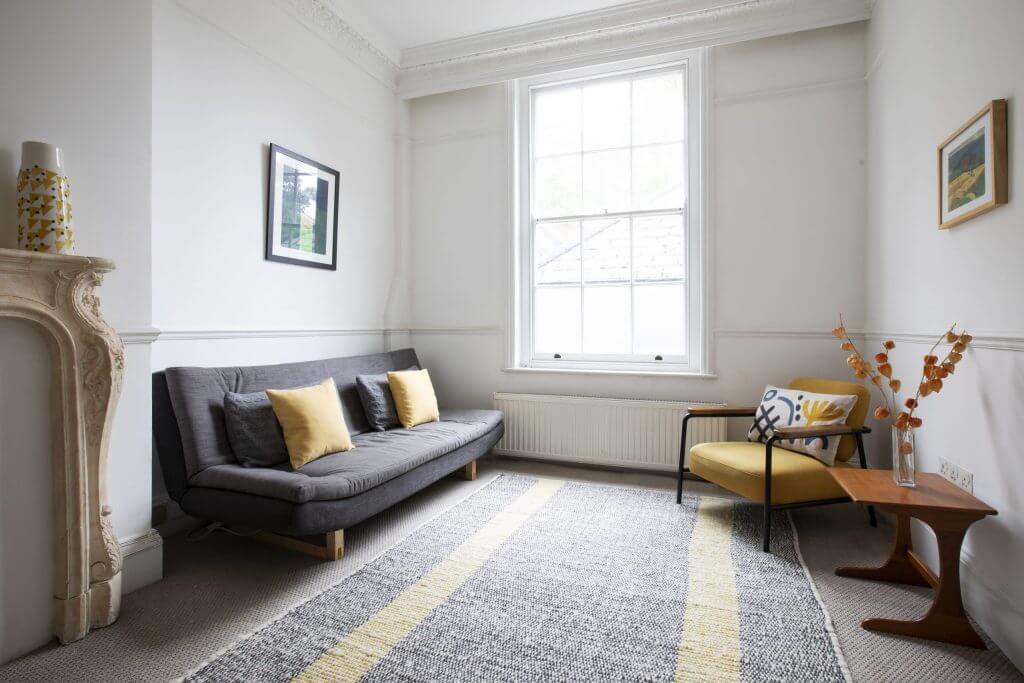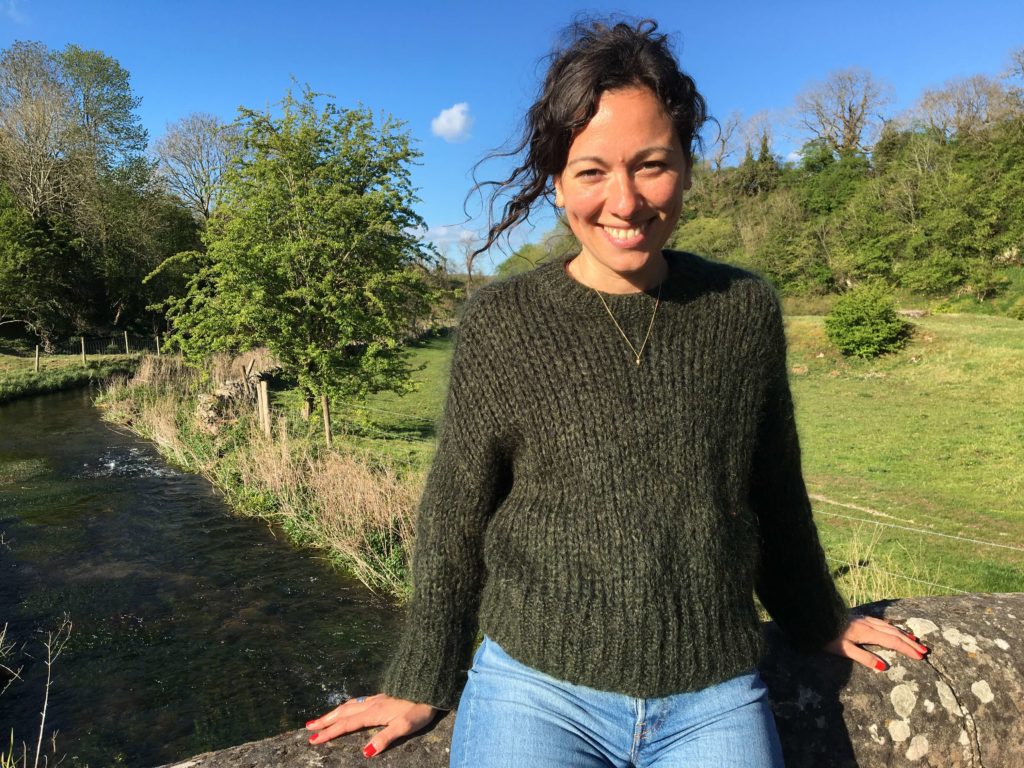Concluding her training as an Integrative Psychotherapist, Rachael Cowie (2001) writes about her therapeutic approach, the relationship between therapist and client, the impact of remote sessions, and some of the issues clients have raised during the pandemic.
Tenets and aims of Psychotherapy
People often ask what the difference is between counselling and psychotherapy, and one suggestion is that counselling is when you have a problem with life, while psychotherapy is when life itself has become a problem. The etymology of psychotherapist is ‘attendant to the soul’, which speaks beautifully to what I consider to be a sacred and almost mystical process, where two people are being deeply present with one another and whatever arises, in a joint endeavour to uncover what it means to be human.

I trained in Integrative Psychotherapy, which is rooted in the philosophical position that there can be no one truth. This means that I draw on different theoretical modalities rather than one sole method, and the work is essentially about sitting with not knowing, rather than offering specific advice or guidance.
I believe my client to be the expert on their life and, rather than there being a power dynamic where I hold all the knowledge, it is more about my presence facilitating the client’s process. Indeed, I learnt early on in my training that rescuing can be robbing, and I love the paradoxical theory of change, which states that it is only when we accept ourselves as we truly are that we can change.
I work relationally, which means I am very interested in what is happening in the room between us; indeed, the way a client may feel about me can tell us a lot about how they may respond in relationships outside the room. Sometimes, when our clients are in an acute place of pain, we need to hold the hope for them, until they are gradually able to hold it for themselves. My dad always used to remind me that the heart is a very tender organ. In the end, regardless of training, it is the quality of attunement of the therapist that matters. My work is also grounded in my own spirituality, where I believe we are all inter-connected and belong to something greater.
At the heart of my work, I am interested in asking ‘what has happened to you?’ rather than ‘what is wrong with you?’. I work with different issues including anxiety, depression, addiction, bereavement, trauma and PTSD, relationship issues, sexual and gender issues. I prefer not to specialise because I feel that that would make my work too narrow, and I like the breadth of working with different issues.
Choosing this career
Looking back now, studying French and Italian at Cambridge opened my eyes to the world; I felt constantly in awe of this melting pot of finely-tuned minds, nationalities, constant curiosity and voracity for knowledge. One thread running through my life has been a deep interest in language as a means of identity and self-expression. I also feel that learning a language fluently requires deep listening, and a lot of patience!
It is only when we accept ourselves as we truly are that we can change
When I think about my professional life before, I can see that I was searching for something which had meaning and connection with others where I felt I could truly be myself. While I did many jobs I enjoyed, including teaching English and Italian and leading a team of project managers, I often felt that I was required to adopt a certain persona where being stressed or overworked was par for the course, and increasingly this felt too much like going against the grain for me.
I was in my late twenties, volunteering for the Samaritans, when I realised that listening deeply to another seemed to hold a lot more meaning than anything I had previously been doing. In fact, in my second year at St John’s I used to volunteer for the student helpline Linkline (now called Nightline), so the seed was really sown back then, in a tiny room in St Edward’s Passage!

The relationship between therapist and client
While friends and family can be a huge source of love and support in our lives, at times we need someone impartial, who is not personally invested in our life, to help us make sense of things. This is where the therapeutic relationship can offer something different. We meet for 50 minutes at the same time each week, and tend not to have contact outside of that time. It is therefore very boundaried, and yet deeply intimate. For me, this combination allows for a unique surrendering, spontaneity and exploration that perhaps other relationships may not. In fact, the juiciest of sessions tend to be those where a client arrives saying they do not know what to bring!
The magic of therapy lies in a client’s capacity to make you understand what it means to be them in the world. It is an incredibly open, non-judgemental and experimental space, where nothing is taboo. The work is often about being with our difficult feelings, uncovering painful and shameful parts of ourselves and loving them too. I feel that if we can tend to all of our emotions, especially the messy and ugly ones, we open ourselves to a greater sense of self and vitality, with self-compassion at its core.
In terms of discerning how to choose a therapist, I believe it takes around six sessions to understand if we are a good fit. My mum taught me always to listen to my gut, and I would say this definitely applies to both a first date and a first therapy session!

Client concerns during the pandemic
Many new issues have arisen for clients during this time, including isolation and loneliness, uncovering trauma from the past, relationship troubles, and anxiety about social situations. Some clients have thrived, however, enjoying the time alone and the peace and space that lockdown allowed.
In the first lockdown, I found that people were sitting with deeper questions that had eluded them before: How much is my job inextricably linked with my identity in the world? Do my values align with the organisation that employs me? Is where I live nourishing me? What happens when I stop being busy?
Online therapy versus in-person
As the pandemic hit, I had to move my whole practice online. While we have largely adjusted to this, we are all looking forward to meeting again in person as soon as we can. Online there is a loss of the sense of someone’s full physicality: how someone walks in the room, breathes, sits down, holds themselves, taps their foot, plays with their jewellery… All of this lets me know how my clients move through the world.
Working online is definitely more draining, as your brain is working very hard to fill in the gaps of a two-dimensional image. This can take its toll, so I make sure to space my sessions out and allow for time in between to go for a walk, read or dance. I tend to dance a lot!

Of course, there are advantages too: clients do not have to get on public transport at the end of a session when they may be feeling in a particularly vulnerable state. It also means that we are not restricted by geography. I actually spent the first lockdown in the Peak District, which lead me to decide to leave my home in Hackney and relocate to East Sussex last summer, something I probably would never have done had it not been for the pandemic.
I imagine that moving forward I will have a hybrid practice of in-person and online work – and I have to laugh at the irony that my choice to leave my office job was to avoid spending hours a day in front of a screen!
Accessibility of treatment
Unfortunately, access to psychotherapy is prohibitively expensive, and may exclude many from different socio-economic backgrounds. The government needs to commit to long term psychotherapeutic services funded by the NHS. I truly hope that the awareness of mental health needs during the pandemic will fuel this change. Our two governing bodies, the UKCP and BACP, are currently collaborating with the NHS to make new therapeutic offerings available, including paid traineeships, and I look forward to seeing other initiatives.
It is important to me to run a practice with a sliding scale so the cost need not prevent someone from considering therapy. I also believe that talking therapy is not necessarily the sole solution, and there are many other ways to look after your mental health, including engaging with your local community, creative endeavours like singing or making art, meditation, being in nature, sports or some sort of physical movement. We need to think about our wellbeing holistically.

Work-life balance
I have learnt that it is possible to truly love the job that you do. It gives me such a sense of hope to see people heal wounds, discover unknown potential and a renewed sense of vitality, authenticity and joy. Humans have an incredible capacity to overcome adversity, and possess an innate drive towards change, growth and healing; this is an honour to witness in others.
People sometimes ask how therapists cope with the weight of the work, and my answer is that, like all demanding professions, we need to know what gives us energy back in life. For me, this is the love of family and friends, walking in open fields or among trees, dancing, yoga, meditation, cooking, reading and singing. My boyfriend often reminds me not to take life (or myself) too seriously, and this is always helpful!
What sustains me is holding onto the hope that when we attend to the soul, we create an infinitely deeper connection to ourselves and to others. This healing then ripples out into our relationships, our community and the world.



